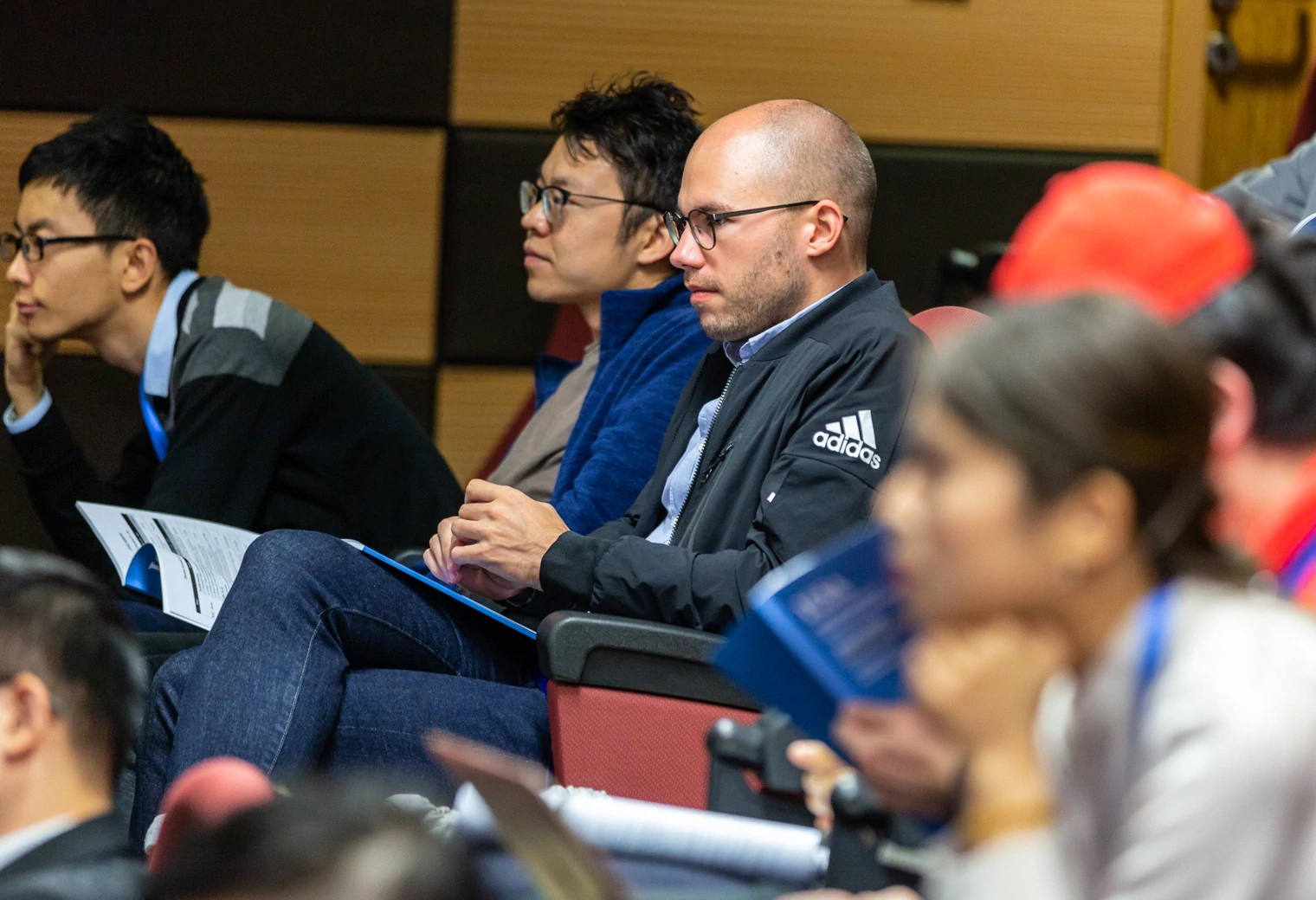One aspect of the teaching practice component of CELTA and CertTESOL courses that trainees are often unaware of is post-lesson feedback. This is another integral part of the practical assessment for initial training courses in TESOL and deserves special attention to perform well in every aspect of your classroom delivery.
What is post-lesson feedback?
After you teach any observed lesson, you will be timetabled for a debriefing session about the class with your tutor and probably the other trainees who were teaching the same group that day. This feedback session is more than merely you receiving a grade for the lesson you just taught; it is an opportunity for you to reflect on what went well, what didn’t, and what you can focus on for improvements in your future lessons.
Reflection on what we do is a significant part of being a teacher – without reflection, we would never improve our teaching, so don’t see this as something which is only essential for your training course. Developing reflective skills and becoming a ‘reflective practitioner’ will stand you in good stead to maximize how you teach for the benefit of yourself and your students.
A typical feedback session will begin with you and your co-trainees discussing your lessons and generating points to raise when you sit down with your tutor. After this, the tutor who observed your lesson returns to the group, and you will reflect on the class together. This leads to a point where the tutor can get a full picture of what place the lesson takes in your development as a teacher on the course.
Notably, the quality of your comments and reflections about your teaching is an assessed part of your lesson grade, meaning that sometimes, poor reflection can affect your lesson grade negatively, and a pretty bad lesson can actually be saved by insightful and honest self-evaluation in the following feedback session. Don’t undervalue this important part of your teaching practice assessment – it is a further opportunity for you to get valuable nuggets of wisdom from your experienced tutors.
Also Read: Top 5 tips to prepare and ace CELTA or CertTESOL course
Who controls the feedback process?
As this reflective period is about lessons taught by you, the trainee, the main points for discussion should come from you. Many centers insist that trainees themselves initiate feedback with little to no prompting from the trainers, as their input can influence how you evaluate what happened in the class from their point of view.
A successful post-lesson feedback session requires a proactive, honest approach to what happened in the lesson. Your observer watched the lesson and used their many years of experience to evaluate how successful it was, so there is no way to whitewash an unsuccessful lesson. You can justify your teaching choices well, although things didn’t go well – good decisions can lead to poor results (in teaching as in life!). So don’t shy away from talking about the negatives and offering points for consideration from things that went badly.
Also Read: How CELTA changed my life – Disappointments and accomplishments
Reasons, evidence, and alternatives
A good strategy for in-depth analysis of a lesson is to describe what happened in the lesson and why it happened, with reference to specific evidence from the class. Only then can the effectiveness of that teaching action be judged, and if necessary, alternative techniques be identified. This ‘what, why, how, how else?’ approach is efficient in covering several aspects of your reflective process in a concise and focused way.
The best way to demonstrate the effectiveness (or not) of what you did in the classroom is to think about the effects on learning that your actions had. This means thinking from the students’ point of view and referring to specific moments in the class when your actions had an effect. If you feel something went well, justify it by talking about what the students did with their language as a result. If you don’t talk about this, your tutor will probably ask you about it in any case, pushing you to justify your teaching choices in terms of real evidence of learning.
Conclusion: As a final note, it is important to take your tutor’s comments on the chin. In a high-stakes, high-stress environment like these courses, emotions can run high, and constructive criticism can feel harsher than intended, especially given the relatively short time which tutors have to devote to feedback. Stay objective, take tutor comments as they are intended, and work on the raised points. Take criticism as a learning tool to help in your development, and your teaching will go from strength to strength.
As you can see, post-lesson feedback is much more than merely saying what you did and whether it worked. Justifying how and why things happened in your lesson takes some deep thought and rethinking about what you did. So, spend the time you have to yourself (or with other trainees) brainstorming the good and bad points about the lesson with each other, and thinking of alternative methods which may have worked better. This is the key to successful reflection, and therefore successful post-lesson feedback.
Also Read: 13 mistakes to avoid while preparing for a CELTA course





